Travel chaos and evacuations as snowstorms batter UK
Cold snap grounds flights at Heathrow, while soldiers are deployed to coastal areas on east coast
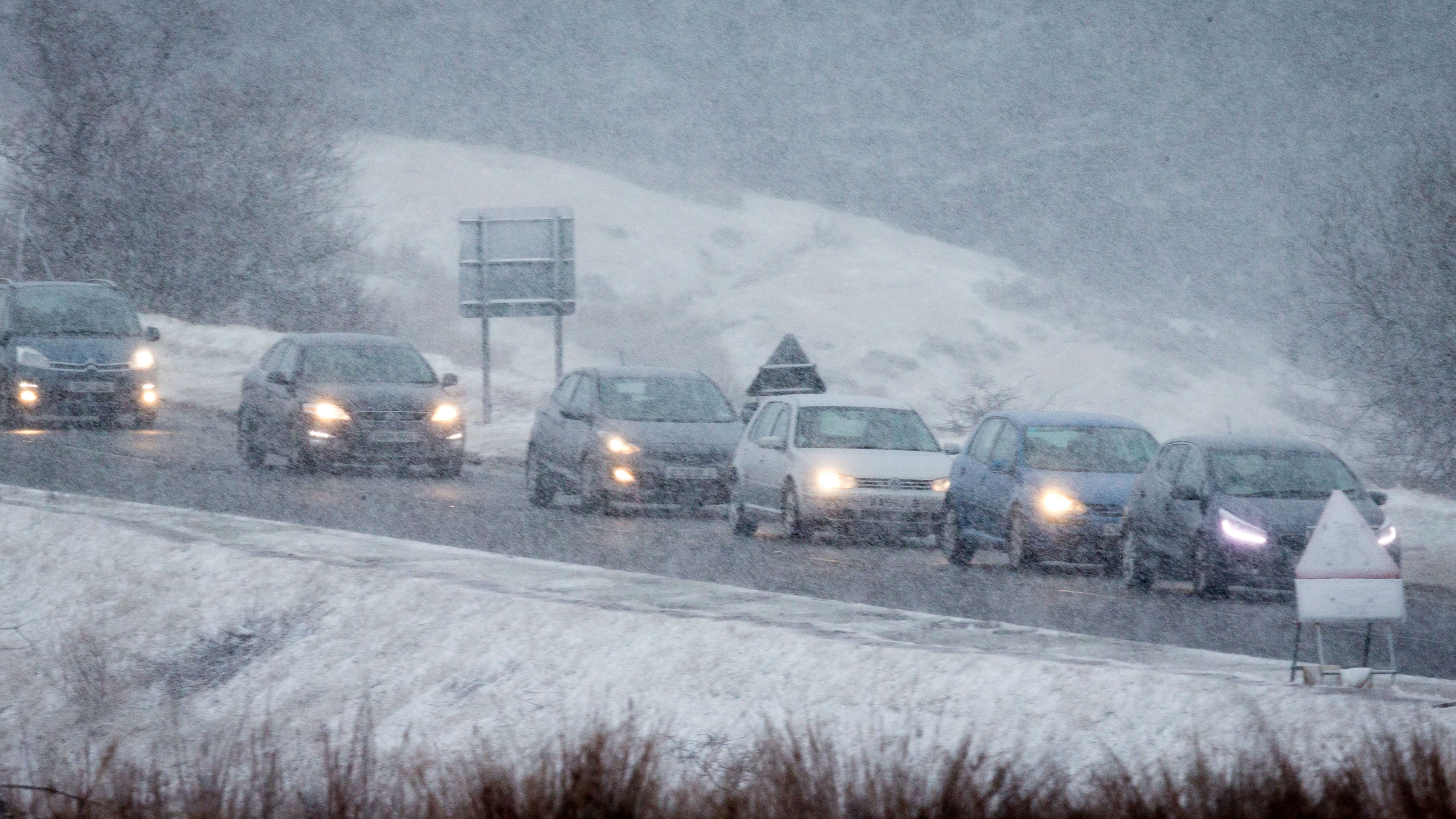
A free daily email with the biggest news stories of the day – and the best features from TheWeek.com
You are now subscribed
Your newsletter sign-up was successful
Severe weather warnings have been issued after a cold snap brought snow, ice and hurricane-force winds to the UK yesterday, leaving the country facing a day of transport chaos and forcing people to leave their homes.
More than 3,000 people in Skegness, Lincolnshire, were evacuated last night, while 4,000 villagers in Jaywick, near Clacton-on-Sea, Essex, were relocated away from the coast. Army personnel are on standby to help in towns vulnerable to storm surges and flooding.
Essex Police Chief Inspector Russ Cole told the East Anglian Daily Times there was "a perfect storm brewing" with high spring tides and a storm surge.
The Week
Escape your echo chamber. Get the facts behind the news, plus analysis from multiple perspectives.

Sign up for The Week's Free Newsletters
From our morning news briefing to a weekly Good News Newsletter, get the best of The Week delivered directly to your inbox.
From our morning news briefing to a weekly Good News Newsletter, get the best of The Week delivered directly to your inbox.
The Met Office warned of an incoming flurry of "thundersnow" - a thunderstorm with snow instead of rain - and the worst of the weather came during the evening rush-hour, causing delays and cancellations.
In the capital, Heathrow, the UK's largest airport, grounded 80 flights in anticipation of snow and Gatwick cancelled a further four.
The bad weather has also hit the trains. Southwest rail has experienced severe delays, while Canary Wharf Tube station was evacuated due to a flood.
Floods minister Therese Coffey said: "Our absolute priority is protecting lives, homes and businesses from the threat of coastal flooding currently facing the east coast.
A free daily email with the biggest news stories of the day – and the best features from TheWeek.com
"That is why we have soldiers on the ground helping to warn and evacuate people alongside the emergency services and Environment Agency teams, who are putting up temporary defences."
In particular, coastal towns and villages along the North Sea could be hit by large waves and potential flooding, the Environment Agency warned. More than four miles of temporary barriers have been set up at various points along the east coast to protect the most vulnerable areas.
People have also been advised to stay away from coastal paths and avoid driving through flood water.
The unusually cold weather is due to last into Saturday, with up to eight inches of snow forecast to fall in some parts of the country. Scotland could also see temperatures plummet as low as -10C.
-
 The ‘ravenous’ demand for Cornish minerals
The ‘ravenous’ demand for Cornish mineralsUnder the Radar Growing need for critical minerals to power tech has intensified ‘appetite’ for lithium, which could be a ‘huge boon’ for local economy
-
 Why are election experts taking Trump’s midterm threats seriously?
Why are election experts taking Trump’s midterm threats seriously?IN THE SPOTLIGHT As the president muses about polling place deployments and a centralized electoral system aimed at one-party control, lawmakers are taking this administration at its word
-
 ‘Restaurateurs have become millionaires’
‘Restaurateurs have become millionaires’Instant Opinion Opinion, comment and editorials of the day
-
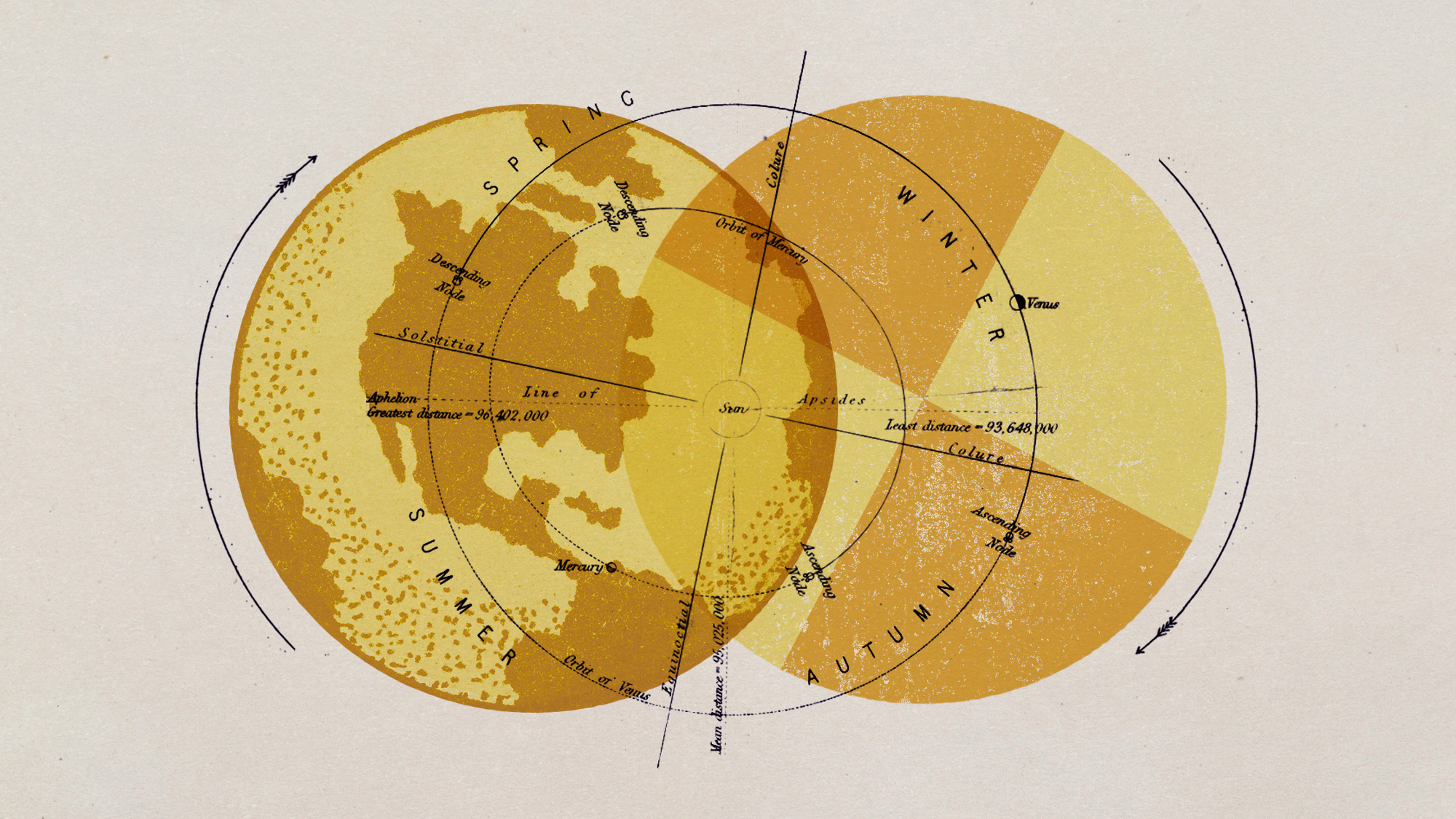 Earth's seasons are out of whack
Earth's seasons are out of whackUnder the radar The seasons' unfixed nature in different regions of the planet may have impacted biodiversity and evolution
-
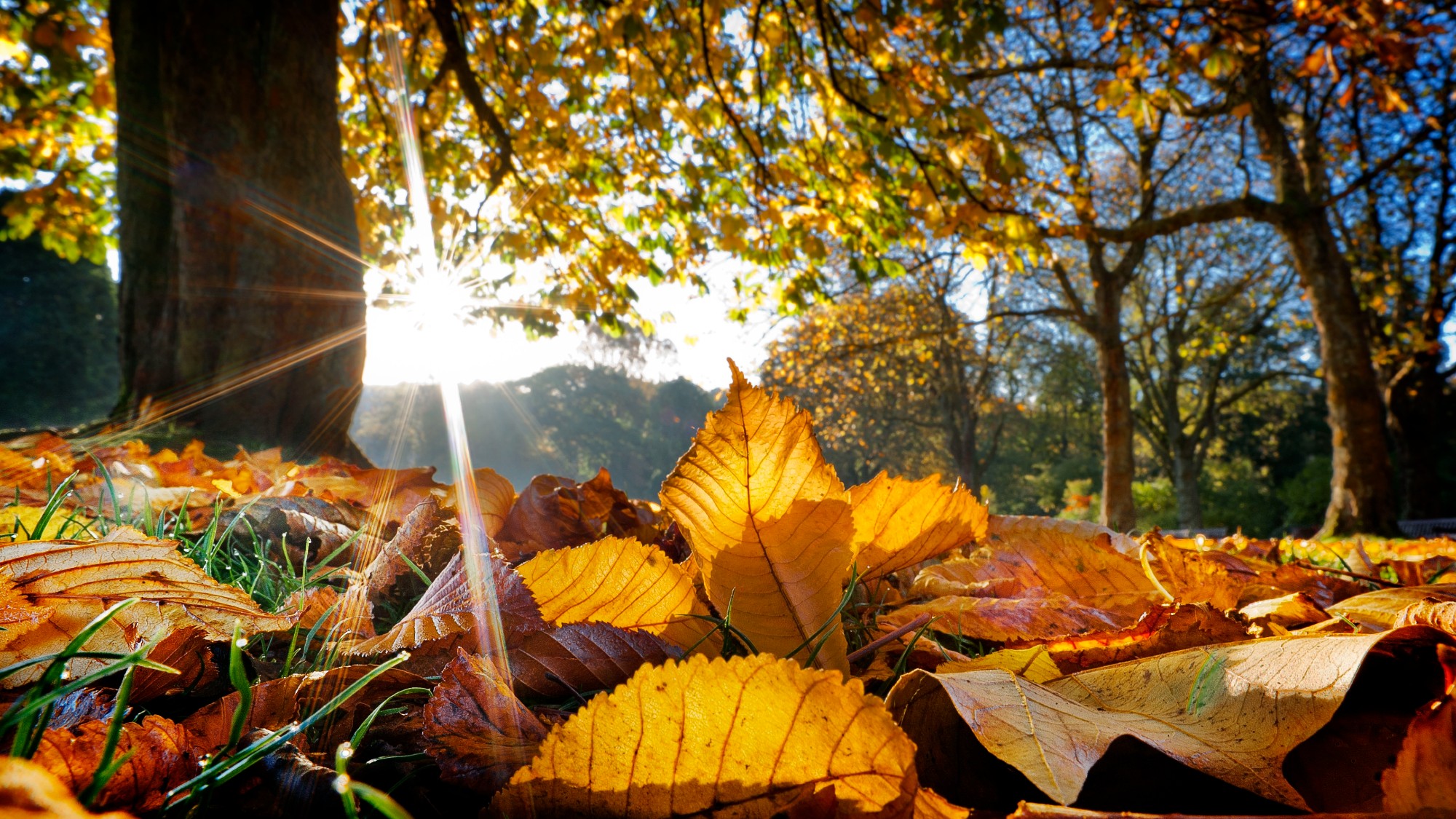 When does autumn begin?
When does autumn begin?The Explainer The UK is experiencing a 'false autumn', as climate change shifts seasonal weather patterns
-
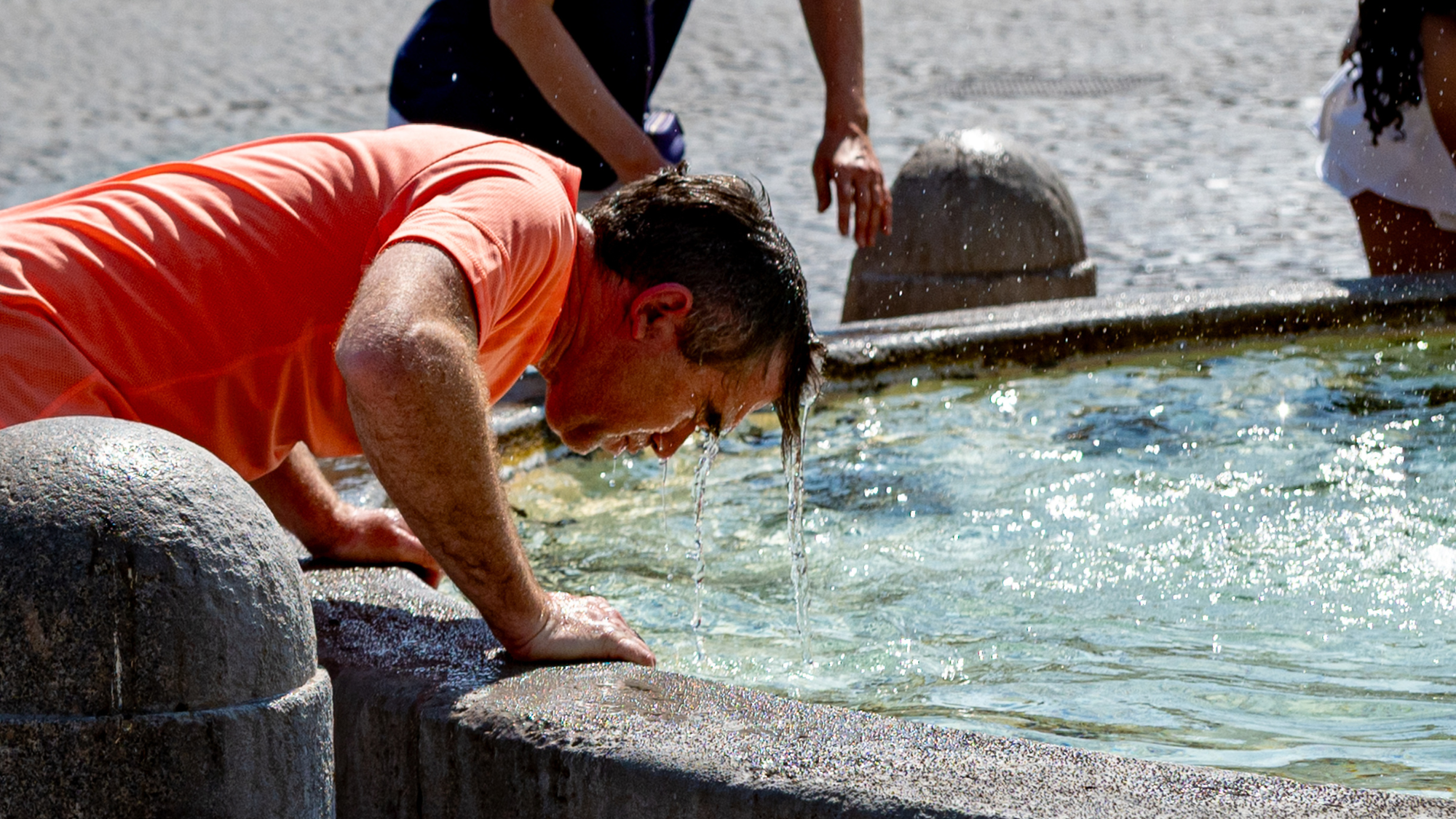 Europe's heatwave: the new front line of climate change
Europe's heatwave: the new front line of climate changeIn the Spotlight How will the continent adapt to 'bearing the brunt of climate change'?
-
 Why the weather keeps getting 'stuck'
Why the weather keeps getting 'stuck'In the Spotlight Record hot and dry spring caused by 'blocked' area of high pressure above the UK
-
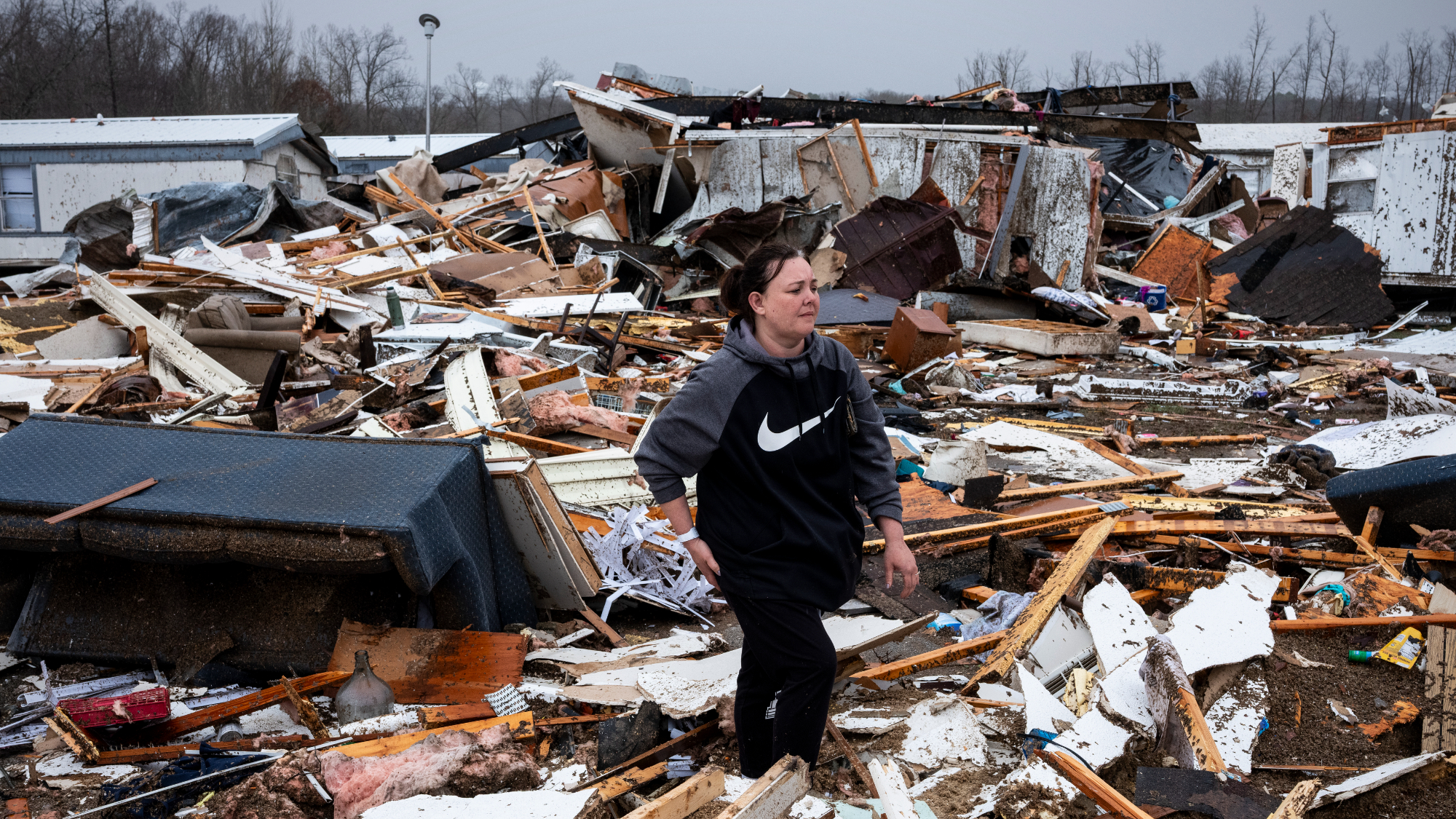 Severe storms kill dozens across central US
Severe storms kill dozens across central USSpeed Read At least 40 people were killed over the weekend by tornadoes, wildfires and dust storms
-
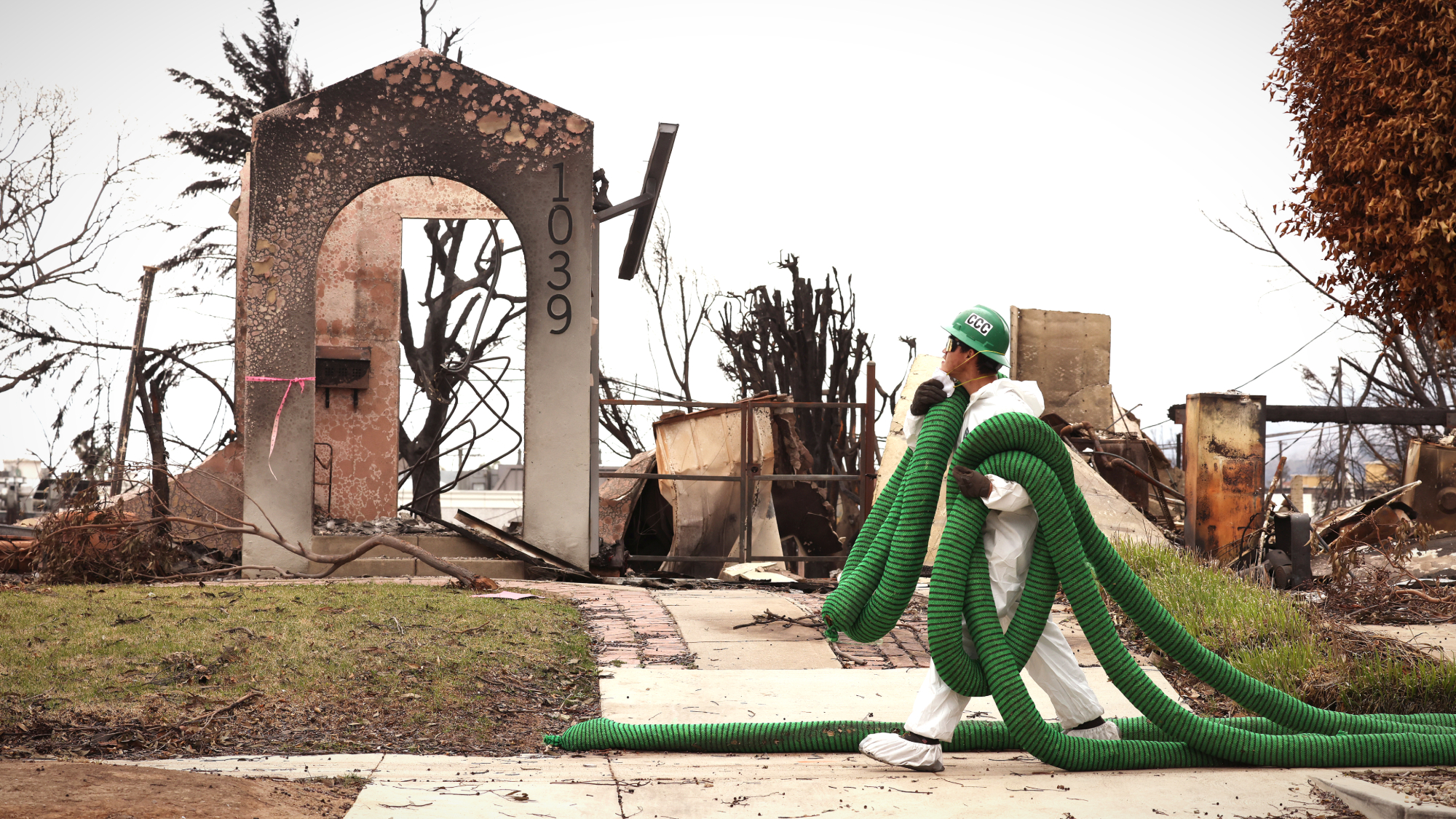 Rain helps Los Angeles wildfires, risks mudslides
Rain helps Los Angeles wildfires, risks mudslidesSpeed Read The weather provided relief for crews working to contain wildfires, though rain over a burn area ups the chances of flooding and mudslides
-
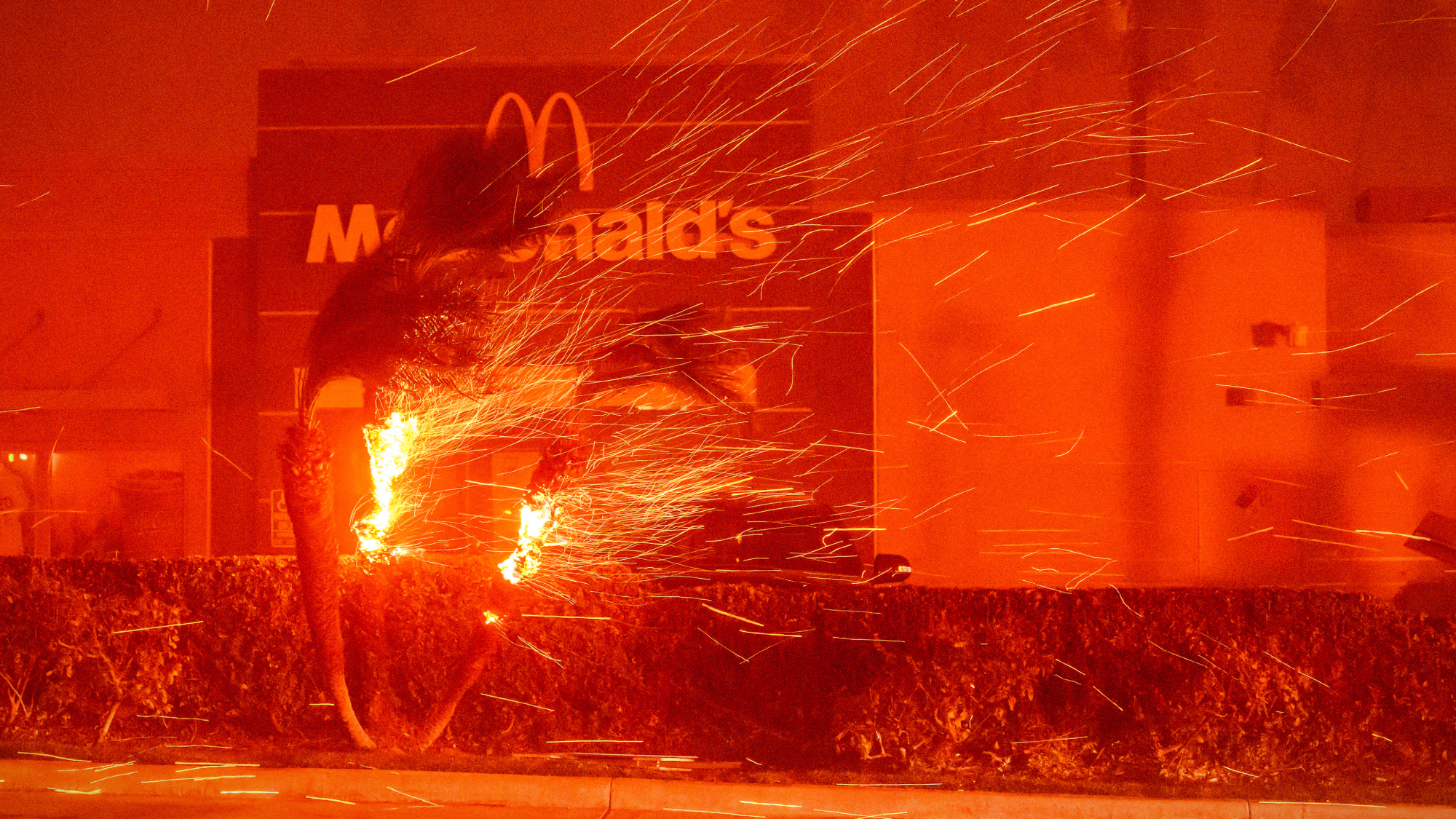 Fast-spreading Los Angeles wildfires spark panic
Fast-spreading Los Angeles wildfires spark panicSpeed Read About 30,000 people were under an evacuation order as the inferno spread
-
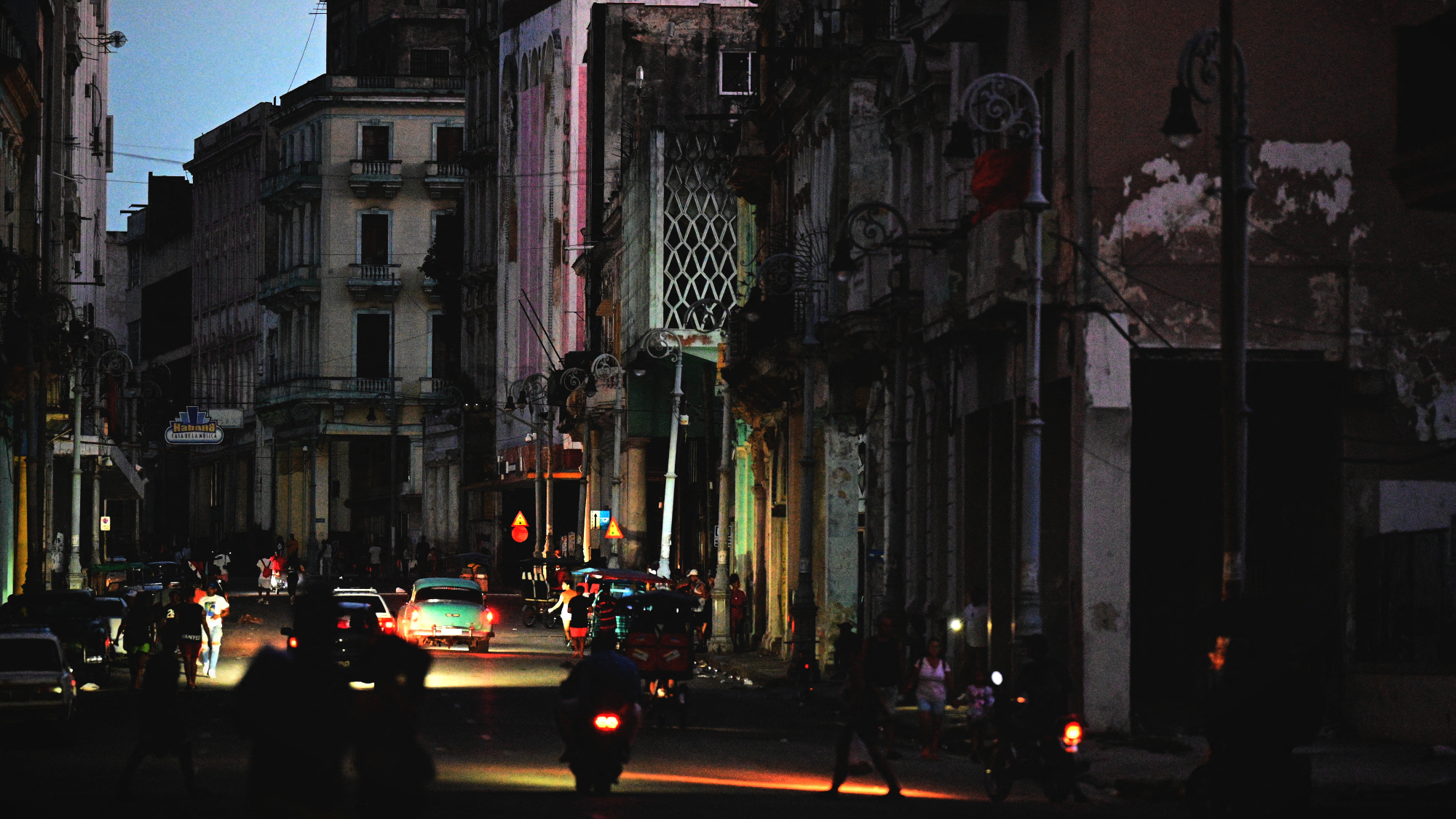 Cuba roiled by island-wide blackouts, Hurricane Oscar
Cuba roiled by island-wide blackouts, Hurricane OscarSpeed Read The country's power grid collapsed for the fourth time in just two days